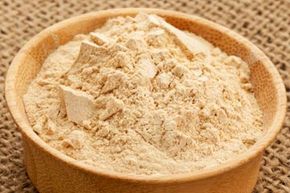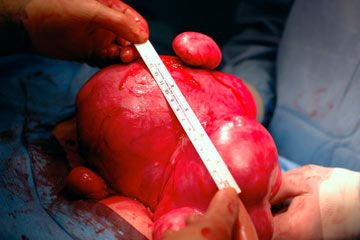As legend has it, pre-Incan farmers in what is now known as Peru noticed that a particular plant made their herds more fertile. That plant was maca root, which is sometimes consumed as a vegetable and is in the same family as mustard, cabbage and broccoli.
Eventually, people began eating maca root for the same results -- and other benefits, such as improved memory and energy. The practice was common in the Andes region (where it grows exclusively) and continued through numerous civilizations. Today, maca root -- also known as Peruvian ginseng -- is famous around the world for its ability to improve conception chances. But just how does it work?
Advertisement
For starters, maca root is believed to be an aphrodisiac. Theoretically, something that increases the frequency of sexual intercourse would likely have an impact on fertility. Maca root does contain certain prostaglandins and sterols that may influence sexual desire [source: Hermann, et. al]. Unfortunately, reports of the mood-enhancing effects of maca root are largely anecdotal [source: Zelman].
There are other ways that maca root may increase fertility. Chemical analyses and tests on rats have given scientists insight into how the plant may effect male and female fertility in humans. Keep reading the following pages for more information on why maca root has been used for millennia by pregnancy-seeking couples.
Advertisement


